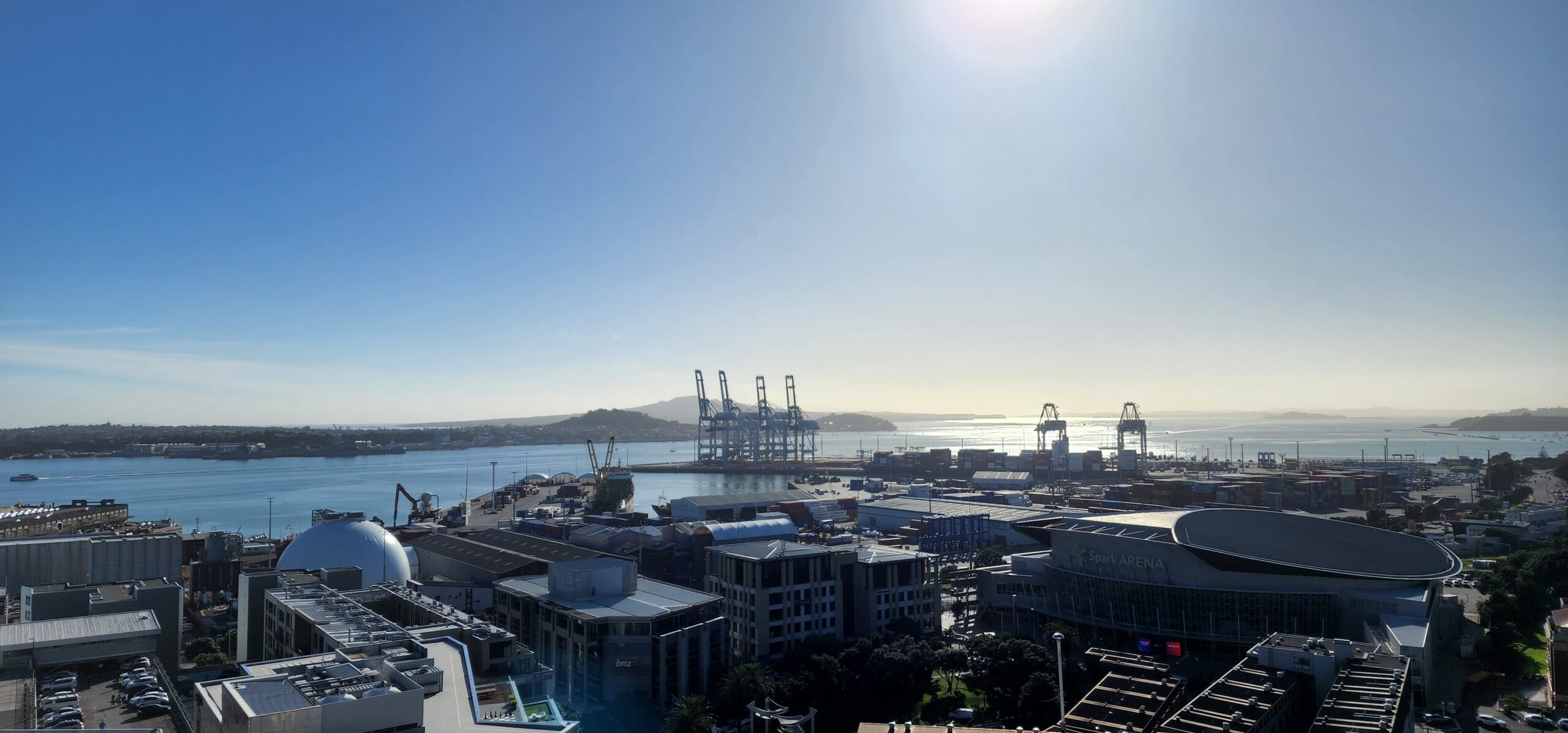
FEASIBILITY STUDY
Conducting a feasibility study for remediation projects is a crucial step in ensuring the successful resolution of building and property issues. At Aamkso Consulting, we bring together a unique blend of skills and experience to provide comprehensive feasibility study services. Our boutique family-operated consultancy specializes in architecture, law, building remediation, project management, and management accounting. With a relentless commitment to quality and transparency, we are your trusted partners in navigating the complex landscape of feasibility studies.
Expertise in Feasibility Study
- Architecture: With our architectural and building remediation background we have a keen eye for detail and a deep understanding of design, as well as buildability principles.
- Law: With our legal expertise, we ensure that your feasibility study is aimed at comprehensive risk mitigation as it adheres to all relevant regulations and compliance standards. We guide you through the intricate legal aspects, providing clarity and peace of mind.
- Building Remediation: We are experts in identifying and addressing issues related to building defects and remediation. Our meticulous approach to site assessment and documentation sets the foundation for effective remediation strategies.
- Project Management: Effective project management is at the core of our services. We meticulously plan, execute, and monitor feasibility studies to ensure they stay on track, on time, and within budget.
- Management Accounting: Our financial acumen allows us to provide accurate cost estimations and financial projections. We help you make informed decisions by assessing the financial viability of your projects.
When you choose Aamkso Consulting for your feasibility study needs, you’re choosing a team of experts who are dedicated to your success. Contact us today to discuss your project requirements, and let us guide you toward informed, strategic decisions.
Feasibility Study Process
- Project Initiation:
- Define the project’s purpose and objectives.
- Identify key stakeholders, including the client, regulatory authorities, and investors.
- Preliminary Site Assessment:
- Conduct an initial site visit to assess the location, topography, accessibility, and environmental factors.
- Identify any potential site constraints or challenges.
- Market Analysis:
- Analyze the market demand for the proposed construction project. Consider factors like demographics, competition, and economic trends.
- Determine if there is a need for the project in the target market.
- Legal and Regulatory Compliance:
- Identify and assess all legal and regulatory requirements related to the project, including zoning, permits, and environmental regulations.
- Ensure that the project complies with all applicable laws.
- Financial Feasibility:
- Prepare a detailed cost estimate for the construction project, including materials, labor, permits, and overhead costs.
- Calculate the expected revenue and cash flow projections.
- Assess the financial viability of the project by calculating key financial metrics like ROI, NPV, and IRR.
- Risk Assessment:
- Identify potential risks associated with the project, such as construction delays, cost overruns, market fluctuations, and regulatory changes.
- Evaluate the impact of these risks and develop mitigation strategies.
- Technical Feasibility:
- Evaluate the technical aspects of the project, including architectural design, engineering requirements, and construction methods.
- Ensure that the project can be executed within the defined technical parameters.
- Environmental Impact Assessment:
- Assess the environmental impact of the construction project and develop strategies to minimize negative effects.
- Comply with environmental regulations and obtain necessary permits.
- Alternative Solutions:
- Explore alternative construction methods, materials, or project configurations to determine if there are more cost-effective or sustainable options.
- Project Schedule:
- Develop a detailed project schedule that outlines the construction timeline, milestones, and critical paths.
- Consider potential delays and contingencies.
- Feasibility Report:
- Compile all the findings and analyses into a comprehensive feasibility report.
- Provide a clear recommendation on whether to proceed with the construction project and under what conditions.
- Decision-Making:
- Present the feasibility report to the client and stakeholders for decision-making.
- Review the report together to determine the best course of action based on the feasibility study’s findings.
- Project Planning:
- If the project is approved, move forward with detailed project planning, including procurement, contracting, and resource allocation.
- Project Execution:
- Begin the construction phase, ensuring that it adheres to the feasibility study’s parameters and objectives.
- Implement effective project management and quality control measures.
- Monitoring and Evaluation:
- Continuously monitor the project’s progress, costs, and quality throughout the construction phase.
